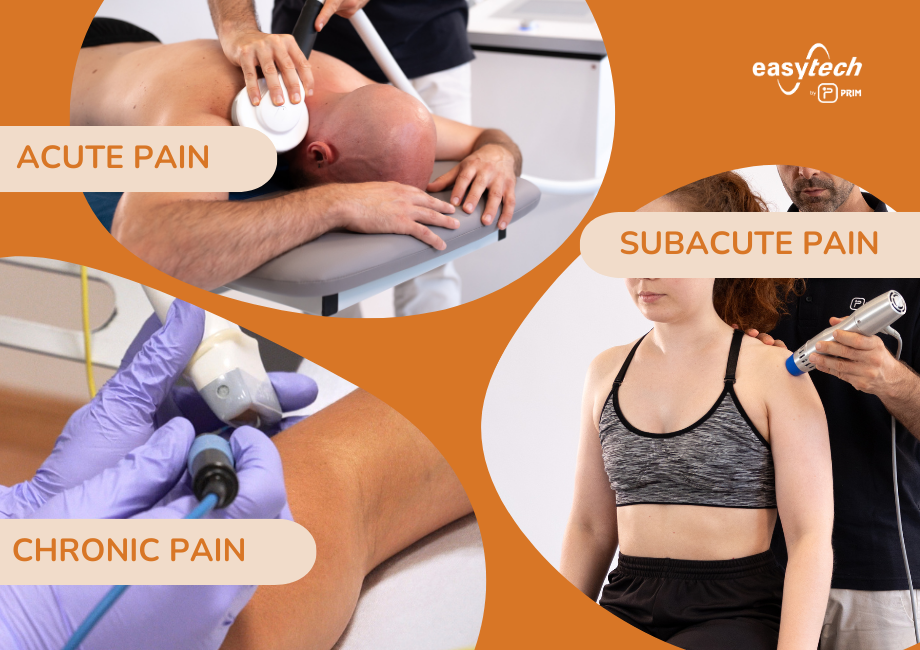Musculoskeletal diseases, also defined as conditions of the locomotor system, consisting of muscles, bones, joints, tendons, and ligaments, have an increasing impact all over the world. According to the Global Burden of Disease Study, approximately 1.7 billion people suffer from these conditions. Being so widespread, they represent the main source of pain and disability of the population, mostly in industrialized countries with a prevalence between 31% and 53%. These diseases also represent the most common reasons why patients consult physiotherapists and doctors.
FISIOPAIN: rehabilitation and management of pain

- Why FISIOPAIN?
- What are the most frequent pathologies?
- FISIOPAIN rehabilitation
- ACUTE PAIN
- SUBACUTE PAIN
- CHRONIC PAIN
- Want to know more or receive commercial offers?
Why FISIOPAIN?
FISIOPAIN aims to treat and modulate musculoskeletal pain to offer immediate benefits and better life quality to those who suffer from these conditions. The physiotherapist has a wide range of evaluation and treatment methods to manage the pain, validated by the scientific community and under research and development.
What are the most frequent pathologies?
- Back pain: it affects at least once in life up to 80% of the population, with an annual prevalence of 40%. The most affected age range is the one between 30 and 45 years. According to different international research, during one year 7 people out of 10 have isolated episodes of back pain, while between 30 and 40% of adults suffer from intense crises that they have to take medications or days off from work.
- Neck pain: it is a multifactorial disease that is part of the main musculoskeletal problems. It has been demonstrated that psychological factors (stress, cognitive factors, and sleep problems) and biological factors (neuromuscular or autoimmune pre-existing disorders, aging, and genetic factors) both contribute to cervical spine pain development. In Italy, around 15 million people suffer from neck pain.
- Shoulder pain: it represents the third most common condition among adult people, it has an incidence in the lifetime higher than 60%. It has been observed that it persists for at least 12 months after the first outbreak in over 60% of the cases (Martinez-Calderon et al., 2018). It commonly affects people over 50 years old, but it affects young adults, mostly if they perform physically demanding activities. The most frequent causes are adhesive capsulitis, rotator cuff tendinopathy, glenohumeral arthrosis, and neurological and vascular diseases of the shoulder joint.
FISIOPAIN rehabilitation
In order to upgrade your center when it comes to treating the stages of pain, there are specific solutions and we want to work together for the most effective treatment of your patients. The basis of a patient’s physical well-being remains prevention based on maintaining muscle tone, correct posture, light and constant physical activity, and targeted exercises for the most stressed areas. The therapist also has a wealth of tools and knowledge that can be adapted to individual cases and are indispensable in all those painful situations where exercise alone is not enough. We have designed three customisable packages and selected from the existing technologies those most suitable for the realisation of rehabilitation pathways focused on pain management.

ACUTE PAIN
Acute pain (lasting up to 30 days), often triggered by an initial injury and/or traumatic event, includes and represents the most frequent form of detected disorder. It is relieved within a few weeks and therapies are mainly symptomatic, i.e. aimed at controlling the pain, and preventing relapse.
The most suitable devices are:
- Tcell System, infrared camera for localising and monitoring physiological and pathological processes;
- Cryo Pro XL, a system that combines cold therapy and compression to minimise oedema and inflammation of traumatised tissue;
- Opton Pro Laser, a high-power laser for pain-relieving, anti-inflammatory and anabolic effects;
- Minivector, a device for therapeutic elastic resistance exercise from the early stages of rehabilitation;
- emField Pro, inductive therapy that produces high-intensity magnetic fields for pain control and biological tissue stimulation.
SUBACUTE PAIN
Subacute pain stages (lasting from 30 days to 6 months) usually occur when the pain is accompanied by additional complications (constitutional factors, sleep disorders, work-related stress, or the inability to work), which prevent spontaneous resolution. It may disappear or evolve into chronic pain.
The most suitable machines for its treatment are:
- Delta, physio hyperthermia device that stimulates locally and deeply in order to reduce pain and recover joint range of motion;
- enPuls 2.0, radial pulse shockwave for effective musculoskeletal work;
- T Care Compact XP, tecar therapy to activate regenerative processes in the most effective way,
- SonoOne, ultrasound therapy for the treatment of various chronic and degenerative diseases of the musculoskeletal system;
- Smart Bike, a stationary bike that improves endurance, tones muscles, and promotes coordination.
CHRONIC PAIN
Chronic or persistent pain (lasting more than 6 months) is the evolution of the previous two types. Physical, psychological, and social factors create vicious circles that make its resolution difficult. The therapeutic approach consequently becomes multidisciplinary. Chronic pain has specific evolution and therapy depending on the cause.
The most suitable machines for its treatment are:
- Vscan, a portable and lightweight ultrasound scanner with great power and image sharpness;
- Physio Invasiva 2.0, a tool for percutaneous electrolysis and neuromodulation that can be used for both antalgic and anti-inflammatory treatments;
- enShock, focal shock wave against pain at various tissue depths;
- Sport Press, press therapy which, through controlled air compression, simulates a manual lymphatic drainage massage;
- T Care Plus Vag, tecar therapy with capacitive, resistive, bipolar handpieces and intracavitary probes for chronic pelvic pain.
Want to know more or receive commercial offers?
To learn more, contact us at info@easytechitalia.com or call 055 8455216.
Other articles

